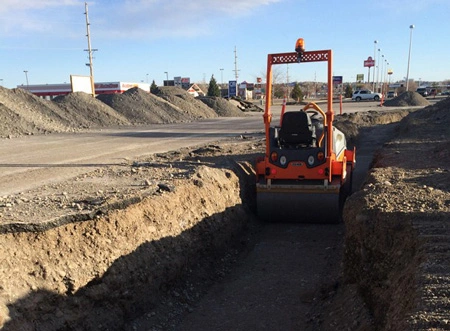
Remember the plague? Black Death? The deadly disease that spread by fleas and killed millions during the 1300s?
It’s still around. A child in Idaho just caught it.
Before breaking out copies of “Ye Old Home Remedies,” eating 10-year-old treacle, or tying shaved chickens to your face, remember modern medicine has come a long way. Plague-infected patients who quickly receive antibiotic treatments are more likely to make a full recovery.
Today, a person is more likely to catch Lyme disease or other insect-spread diseases than the plague. The CDC reports an average of seven plague cases and about 300,000 Lyme disease cases each year in the U.S.
The next time you explore the outdoors, take these following precautions to make sure you, your friends, or family don’t get a nasty insect-borne disease.
Plague and Other Disease Precautions:
- Avoid outdoor activities if you aren’t feeling well. A weakened immune system already increases your chances of catching a disease.
- Be aware of outbreaks. Whenever possible, avoid areas with increased reports of infections and avoid times of day when disease-carrying insect activity is greater.
- Use insect repellants on skin and clothing. The CDC recommends using repellents with 20% or more DEET. Follow the repellent’s instructions for the safest, most effective application.
- Wear appropriate clothing. Minimizing the amount of exposed skin can reduce risks of infection. Regularly check your skin and clothing for ticks during and after the outdoor activity.
- Check the fur of pets. Ticks and fleas can harm your animals and may spread to you as well.
- Clean everything after coming home. Wash clothes, clean equipment, and bathe as soon as possible.
- Avoid touching wild animals, living or dead. Animals like rabbits, mice, and squirrels could carry infected insects or be diseased themselves.
Have fun, be safe, and avoid the plague like– well, you know.
For safety training, visit us at HardHatTraining.com.
